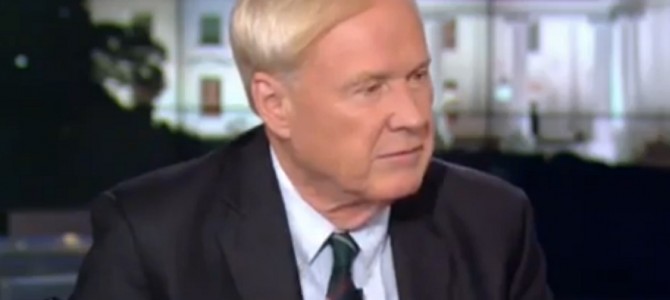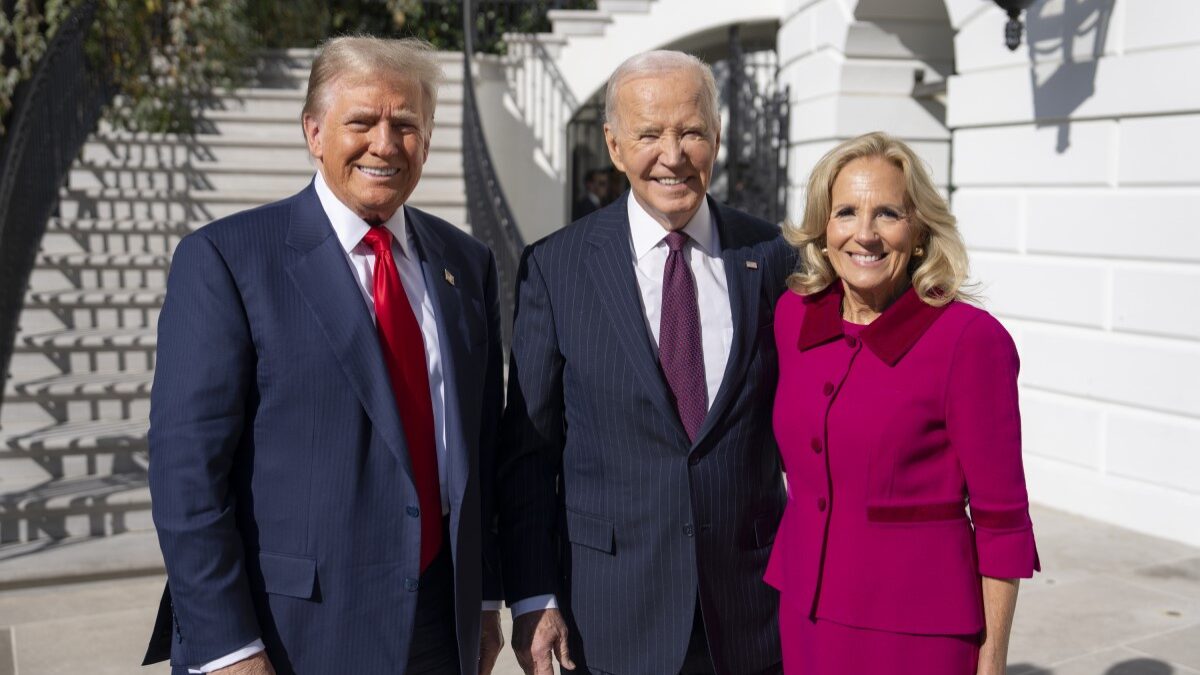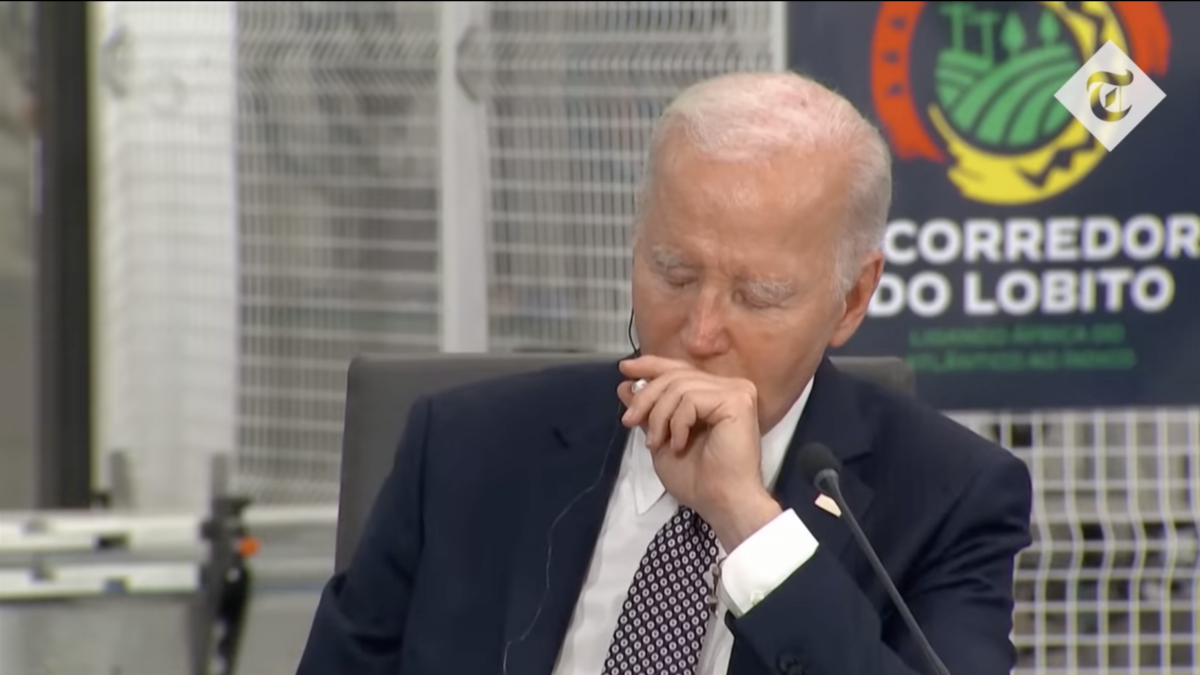
On last Wednesday’s episode of his MSNBC show “Hardball,” commentator Chris Matthews discussed the two Republican presidential candidates with Cuban ancestry, suggesting that they were insufficiently Hispanic. As this video shows, Matthews puzzled aloud about their heritage:
Is he trying to insinuate that Marco Rubio, a fellow … uh … Spanish surname, I’m not sure the right word is Hispanic for them [Rubio and Ted Cruz], because they are Cuban nationals or whatever, or come from Cuba….
Matthews’s guests ignored his rambling, but it gathered some attention among his viewers. In an age when men are allowed to identify as women, and a white woman spent years building a black identity, a non-Hispanic white guy from northeast Philly has decided that he determines who is Hispanic. These sons of Cuban refugees don’t pass the test.
Here’s the Nice Interpretation
If we’re to give Matthews the benefit of the doubt, it is fair to say that government racial and ethnic classifications are difficult to understand. For one thing, it is strange, when you think about it, that the government even has official definitions of what it is to be of one race or other. It is doubly strange when you add the ethnic layer of Hispanic versus non-Hispanic. Yet, there on the Census Bureau website for all to see, is the federal government’s definition of Hispanic.
If you were unsure before, the wording does not clear things up for you: “‘Hispanic or Latino’ refers to a person of Cuban, Mexican, Puerto Rican, South or Central American, or other Spanish culture or origin regardless of race.” A person is Hispanic, then, if he comes from a Hispanic culture. Circular reasoning, but it could be workable as an “I know it when I see it” sort of test. It explicitly includes Cubans, which puts Matthews’s remarks in question.
But what does it mean to be of Hispanic “culture or origin”? Does it mean having any Spanish ancestry whatsoever? Surely not. Given the migration of people over the centuries, many folks who don’t call themselves Hispanic could find some distant ancestor from Spain if they had the genealogical means. Genealogists estimate that 80 percent of England is descended from King Edward III. Edward’s grandmother, Eleanor of Castile, was born and raised in present-day Spain. Does this make four in five English people Hispanic? Of course not.
Does it mean having an ancestor who recently lived in the Hispanosphere? In that case, Rubio and Cruz are in good standing, having fathers (and, in Rubio’s case, a mother) who emigrated to the United States from a Spanish-speaking country. But that seems unfair to those whose Latin American ancestors are more distant, like those of former Interior Secretary Ken Salazar, whose family has lived in Colorado and New Mexico since before those areas the United States conquered those areas in the Mexican War.
It could mean, perhaps, that the person speaks Spanish, which Rubio does fluently. Much was made earlier this year of an interview of Cruz by reporter Mark Halperin, when Halperin demanded Cruz say a few words “en español,” which Cruz declined to do. But there is more to culture than language, and this would disqualify many well-known Hispanic people, including Housing and Urban Development Secretary and vice presidential hopeful Julian Castro.
The Census Bureau helps to clear up the situation in a footnote, informing the reader that “[a]ll Hispanic origin responses are based on self-identification” In the end, like many things in modern American life, you are whatever you say you are. Here, the bureaucracy simply mirrors our cultural absurdity. In this case, if Rubio and Cruz call themselves Hispanic, then they are Hispanic, no matter what Matthews says.
You Can’t Be Hispanic If You Don’t Agree with Me
But all of this is to miss Matthews’s deeper point: he sees Rubio and Cruz as inauthentic members of their own ethnicity because they are conservative Republicans. If he brings up their Cuban heritage as separate from the mainstream of Hispanic heritage (something he would never do to a Mexican-American or Dominican-American), it is because many Cubans are Republicans, and have been since their compatriots’ betrayal by a Democratic president at the Bay of Pigs in 1961. He can’t stand it that someone whose ethnicity suggests he should be a member of the Obama coalition dares to refuse to follow orders.
Matthew’s ethnic magnifying glass is never focused on his fellow Democrats. He would never classify Salazar and Castro as anything but Hispanic because their politics are similar to his own. Likewise former Gov. Bill Richardson, who, despite having the exquisitely Anglophone name of William Blaine Richardson III, has two Mexican grandparents and another from Spain. The mainstream media have always spoken of Richardson as an Hispanic politician (see this Washington Post article from 2007, “The Pro-Familia Candidate”), and Matthews is no different. In 2008, Matthews gushed over Richardson’s endorsement of Barack Obama for president. As The New York Times described it:
Matthews described the ‘stunning picture’ of a Latino governor (Richardson) standing with an African-American candidate and how inspiring it was for so many voters. ‘That is where we should be putting our focus, not on the feelings of the Clintons, about what people owe them and their sense of entitlement,’ Matthews said.
One has to wonder whether a similar picture would be equally stunning in 2016, should it be Rubio or Cruz endorsing Ben Carson. Probably not.








